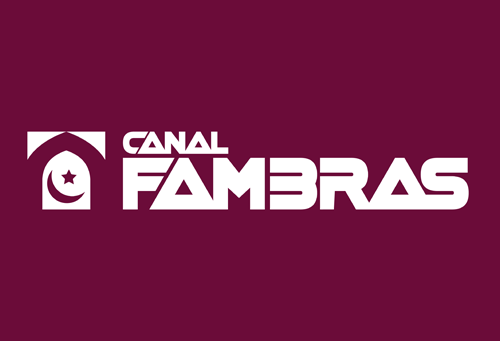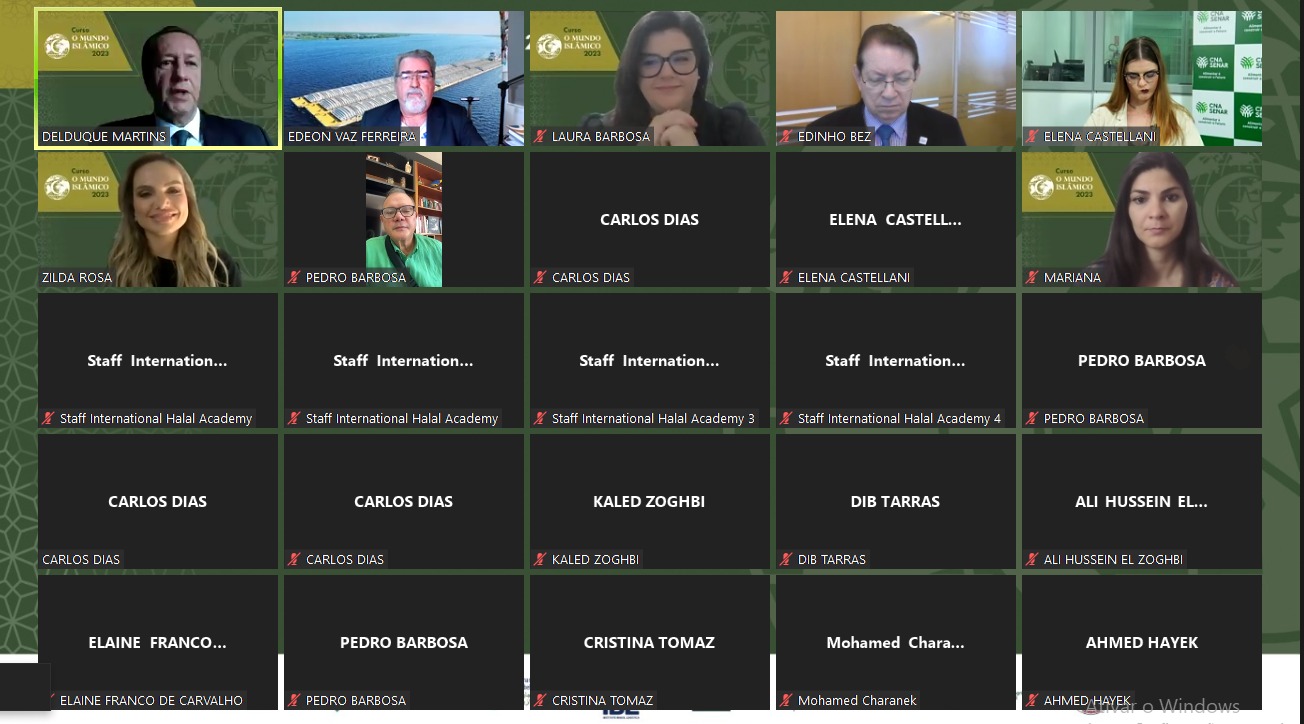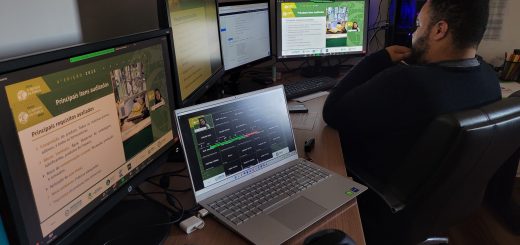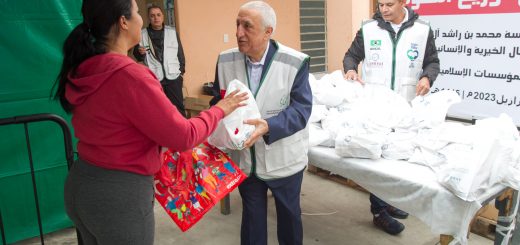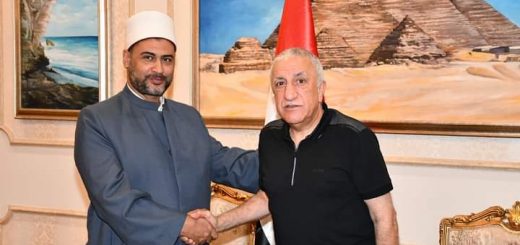The conclusion of the “Islamic World” course addressed the topic of logistics, with experts highlighting the opportunities and challenges
The fourth edition targeted members of the Brazilian productive sector and those interested in understanding the Halal market.
The last day of the “Islamic World” course, organized by the Federation of Muslim Associations in Brazil – FAMBRAS and the Brazilian Confederation of Agriculture and Livestock (CNA), which took place on Wednesday (06), focused on the Brazilian and international logistics for the trade of products and goods. This was the fourth and final module of the course, which had 1200 participants and highlighted key trade points between Brazil and Islamic countries.
Opportunities and challenges in the logistics sector were discussed by the instructors Edeon Vaz Ferreira, Institutional Director of FRENLOGI – Mixed Parliamentary Front for Logistics and Infrastructure, Zilda Roda, Americas Manager at the World Logistic Passport (WLP), Laura Mesquita Barbosa, Partnerships Specialist at WLP, and Edinho Bez, federal deputy and also Institutional Director of FRENLOGI.
“Brazil faces some challenges. For example, the state of Mato Grosso, the largest producer of soy, corn, and cotton in Brazil. This federative unit is far from the main Brazilian ports, and to access other markets, it also depends on good logistics. In terms of road transport, it deals with distance, and in rail transport, there are few options available,” commented Edeon.
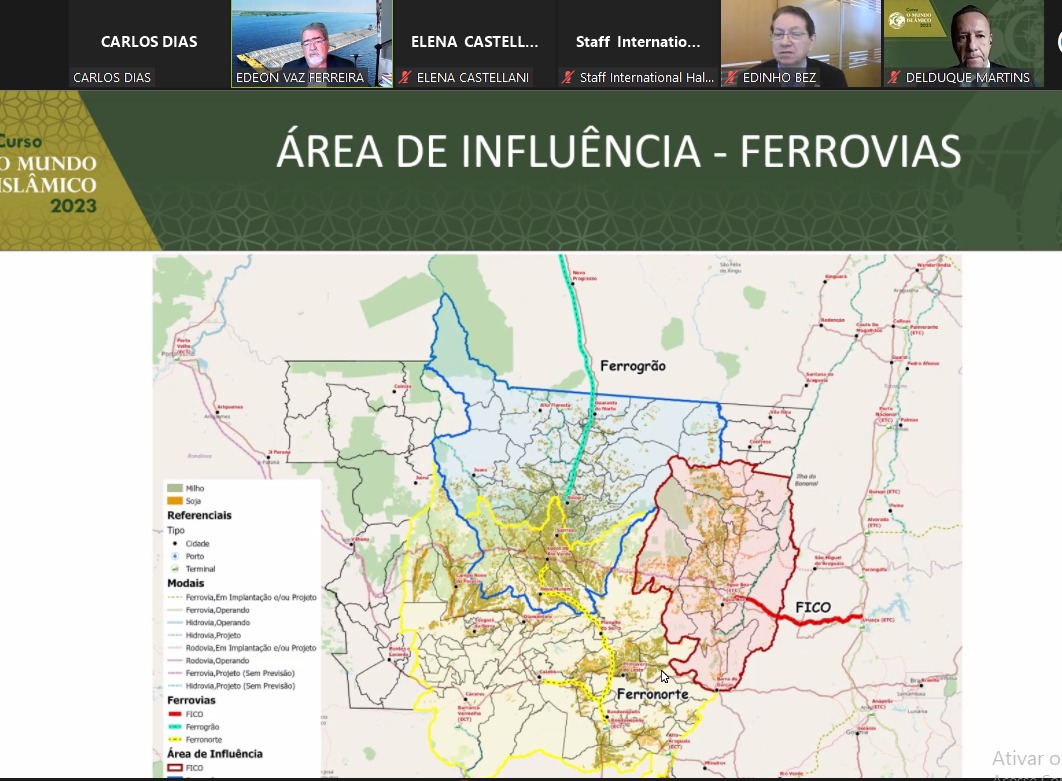
Zilda Rosa and Laura Mesquita, both from WLP, spoke about international trade. In summary, they highlighted Dubai’s strategic location in the United Arab Emirates (UAE) as a hub for Brazilian agribusiness products to reach markets in the Middle East, Africa, and South Asia. They also discussed the process of re-exportation, a practice where a country, territory, region, or city imports products and then exports them.
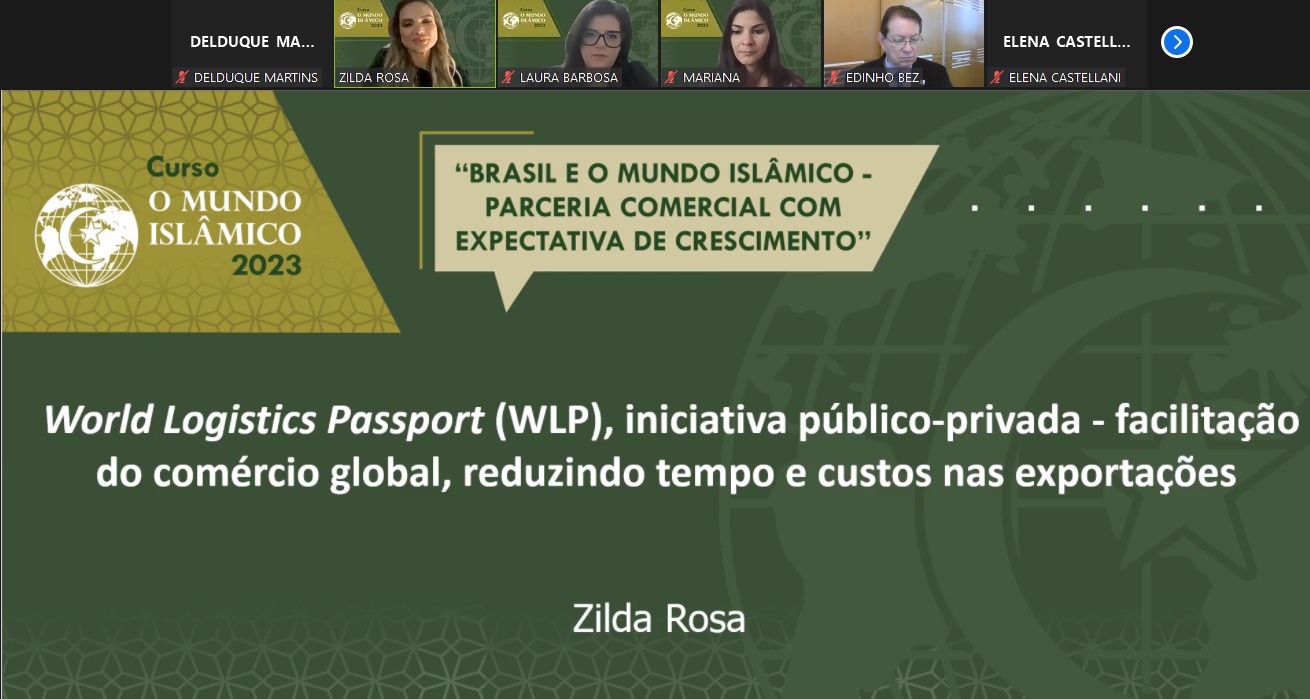
“We need to take actions to progress national logistics, both in formalizing contracts and in streamlining projects. As a member of FRENLOGI, I can say that we are finding solutions for this entire sector, including providing legal security to infrastructure sector investors and promoting balance in this matrix through the use of more sustainable modes”, emphasized Edinho Bez.
After the classes, the experts interacted with the participants. Among the questions from the enrolled individuals were topics related to bioceanic corridors, crossing states in the central-west region of Brazil, as well as Bolivia, Paraguay, and Chile. Other inquiries focused on the operation of waterways and the project for the construction of new railways.
Throughout the four weeks of the “Islamic World” course, 13 specialists covered topics related to Muslim consumers, commercial partnerships, foreign markets, Halal certification, among other issues. The course was led by Delduque Martins, General Director of the International Halal Academy, and Elena Castellani, advisor to the Directorate of International Relations (DRI) of CNA.
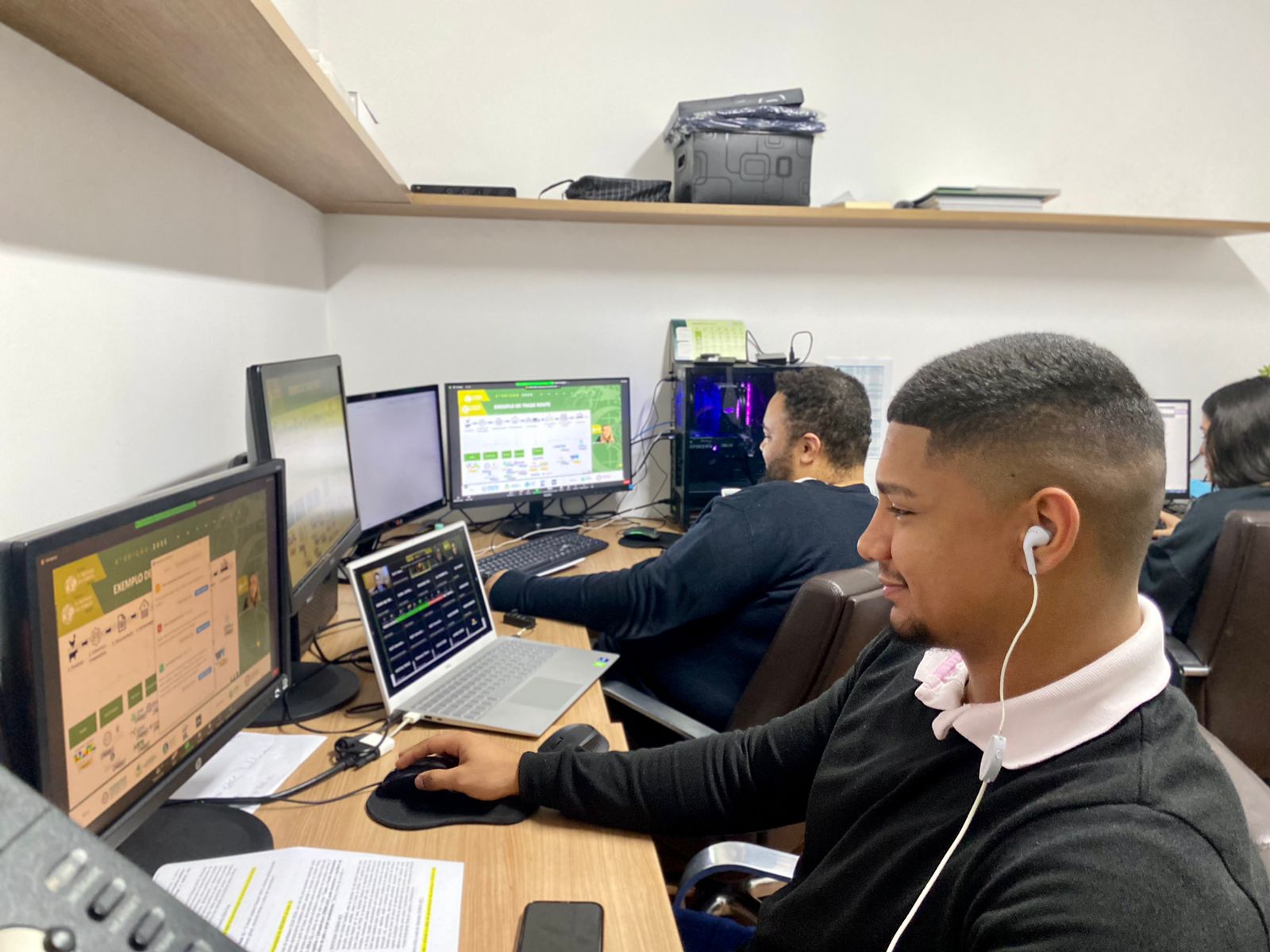
With the conclusion of the fourth edition, participants who recorded 75% or more attendance will receive, in the coming days, the digital certificate of completion issued and registered with the Secretary-General of the International Halal Academy.
The course received support from FAMBRAS Halal, the Arab-Brazilian Chamber of Commerce (CCAB), the Brazil Logistics Institute – IBL, and the Brazilian Institute of International Business Relations Development.
